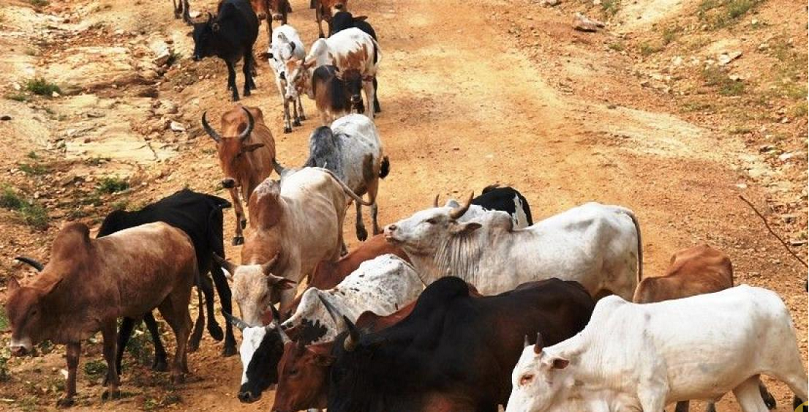Members of Parliament on the Committee on Science and Technology have explained why the National Biotechnology and Biosafety Bill 2012 should be passed into law as soon as possible.
This is contained in a report on the National Biotechnology and Biosafety Bill 2012 commonly referred to as GMO (Genetically Modified Organisms) Bill conducted by the said MPs. The report dated June 2017 was released recently.
A Genetically Modified Organism, or GMO, is an organism that has had its DNA altered or modified in some way through genetic engineering. In most cases, GMOs have been altered with DNA from another organism, be it a bacterium, plant, virus or animal; these organisms are sometimes referred to as “transgenic” organisms.
The MPs, who want to the law to read as ‘National Biosafety Act’ instead of the original ‘National Biotechnology and Biosafety Act’, say GMOs, are already on the Ugandan market and enacting a law to regulate the same is long overdue.
A section of Ugandans have questioned as to why there should be hurry to regulate modern biotechnology and the report attempts to provide some answers.
“…the Government of Uganda through the National Agricultural Research Organization (NARO), is already in advanced stages, conducting research on crop plants produced through modern biotechnology in order to come up with products that overcome chronic problems such as insect and disease epidemics, drought stress and malnutrition,” the report obtained by Business Focus reads in part.
It adds: “A law is therefore required to provide for the safe development and release of the improved varieties resulting from biotechnology farmers. “
The report further explains that many farmers in African countries and partners are already using products of modern biotechnology, thus the need to pass the law.
“Furthermore, Uganda’s boarders are porous, hence necessitating a law to guide access and use of such products,” the report reads, adding that in a free market economy like Uganda, products are imported into the country from various parts of the world.
“Some of these imported products contain GMO materials that may or may not be clearly indicated. There is need to provide for identification of GM content in such products to give Ugandans an opportunity to choose to use or not to use GMO products,” the report explains.
It adds that on a global perspective, the biggest challenges are how to adapt the production of food in view of the climate changes; and how to develop further the role of agricultural biotechnology in combating the global challenge.
“Crop varieties that are more resilient to drought, flooding, saline, or acid soils and temperature extremes resulting for climate change may be needed, and adaptation-related technologies, including biotechnology may play their part,” the report says.
It concludes: “Several GMO crops with these traits are already being researched on in Uganda and are in advanced stages. The enactment of an enabling law will therefore enhance the safe development of modern biotechnology.
Background
The Bill was read for the First Time on February 5, 2013 in the 9th Parliament and was referred to the Committee on Science and Technology, but was unable to receive the 2nd and 3rd Reading during that Parliament.
At the dissolution of the 9th Parliament, the Bill was among the Business that was saved by the Speaker and on July15, 2016, the Bill was among the Business that was reinstated by the 10th Parliament.
Parliament argues that the biotechnology industry is fast growing with over 1200 biotech industries, institutions and colleges from over 30 countries. It is embedded in various sectors including, but not limited to, the health, security, wildlife, veterinary, industrial, environmental and agricultural sectors. The committee observed however, that the Bill didn’t adequately deal with all sectors.
Those opposed to GMOs say they have numerous health, soil and environmental problems.






